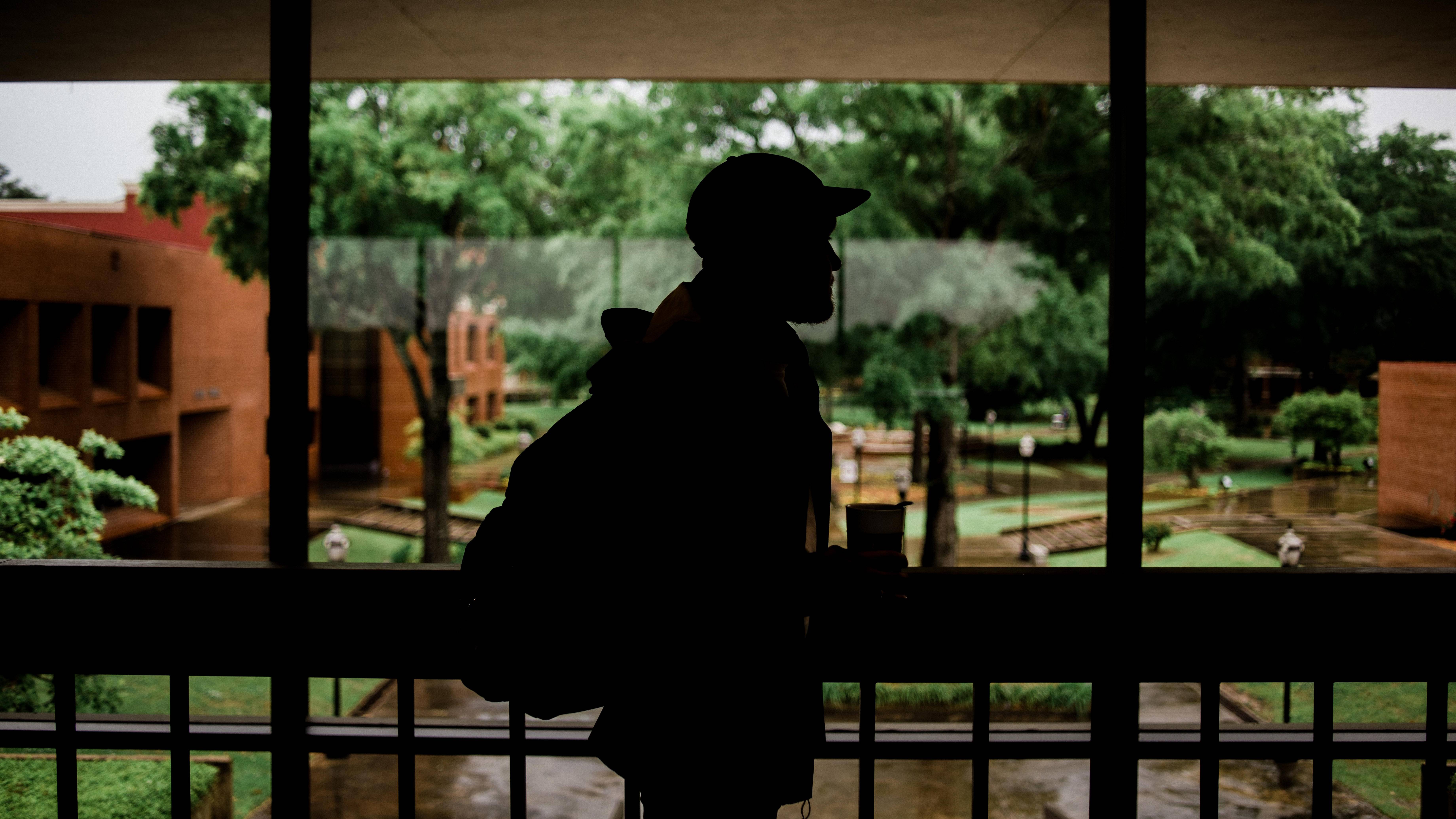How to improve your mental health, coping skills while in college
 April 07, 2021
- Dan Jarboe
April 07, 2021
- Dan JarboeEveryone learns to cope, regardless of their situation in life, in ways that are healthy and unhealthy. For many young adults, college is a time when stress levels run high, sleep patterns are inconsistent and having one-too-many cups of coffee and stress eating – among other things – are common aids students use to keep themselves going. While this is often considered normal, the college years are a pivotal time for learning how to cope well in the adult world.
There are three – no, four – things that will improve your ability to cope well and stabilize your mental health while in college, not only this spring semester but also long into the future. These are things observed by research psychologists, university professors, student life leaders, university counseling center directors, coaches and parents alike.
First, take the time to develop and nurture strong relationships, friendships and connections with your peers and instructors on campus. Students who work to establish strong emotional attachments with others on campus are more resilient and cope better with stress than students who try to fly solo instead – or whose support system members reside in their hometown only. You can make on-campus connections most easily or naturally by joining a group of some kind.
You can do so at Ouachita through Outdoor Rec activities and outings, a music or performance ensemble, one of the many community service opportunities available through the Elrod Center or by joining a social club, an intramural sports team or a Campus Ministries-organized Bible study group or project. Your options are almost endless. Talk to your RD, RA, advisor or one of your instructors for their suggestions!
Second, take action! Start moving! Action begets further action and productive activity improves motivation – which brings more productivity – resulting in an enhanced self-image and greater self-confidence. To feel better, you’re likely going to have to do something responsible. You may be struggling with feeling much less, or very little, motivation. However, you can use that “little” motivation you have to produce more. Every time you’re able to check something off your to-do list, you’ll feel better and more motivated.
Avoidance and procrastination may give brief temporary relief to the person stressed over schoolwork, but the stress you’re trying to escape will just follow you around like a dark cloud over your head, making it tough to really enjoy your selected distraction. When avoidance becomes a habit, it will only pull you down deeper into the pit of total paralysis. If you’re having trouble getting going at first, try working at an assignment or project for 15 minutes, then stick with it a bit longer, if you’re able. Take one task, one hour at a time. Focus on the here and now, rather than your whole huge to-do list for the month!
Remember what Jesus said (my paraphrase), “Don’t become consumed with worry about tomorrow, today has enough challenges of its own!” (Matthew 6:34)
Third, reduce your screen time and time spent on social media and, fourth, increase your time outdoors. Quit watching the news so much. Stop checking in on what everyone else’s ideal life is like! Go for a walk or a hike with friends, take pictures, throw a Frisbee, sit outside to eat or study – as often as you can. Take in the sun and notice all the cute squirrels and beautiful songbirds on campus. Sunshine is actually quite important to maintaining a positive mood. Take advantage of the fact that we can now remove our masks outdoors with friends and are free to get out and become more active again.
Researchers from North Carolina State and Clemson universities recently published their work examining how the COVID-19 pandemic has impacted university students’ mental health. [1] They collected responses from students enrolled in seven universities across the nation. The top four complaints of students included difficulties with motivation, feeling more overwhelmed or stressed, worsening anxiety and feeling more lonely or isolated. Two identified risk factors for poorer mental health were increased screen time and little outdoor time for students. One outcome has been encouraging students to embrace more “green time” and less “screen time.” So get outside and get active. You’ll feel better. Try it, and you’ll see!
By Dan Jarboe, university counselor and ADA/504 coordinator
[1] Browning MHEM, Larson LR, Sharaievska I, Rigolon A, McAnirlin O, Mullenbach L, et al. (2021) Psychological impacts from COVID19 among university students: Risk factors across seven states in the United States. PLoS ONE 16(1): e0245327.
You Also Might Like
Recent
Ouachita reports Spring '26 enrollment, led by 50% increase in graduate students
February 11, 2026






